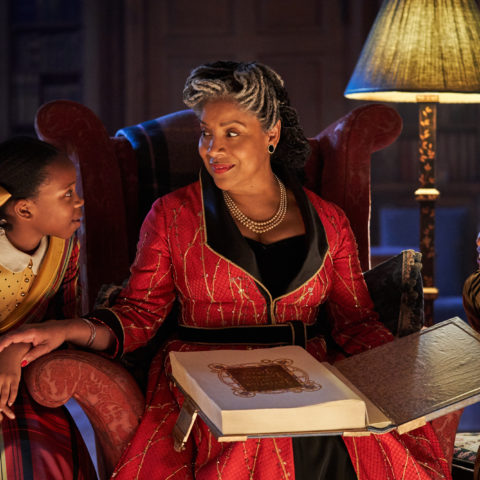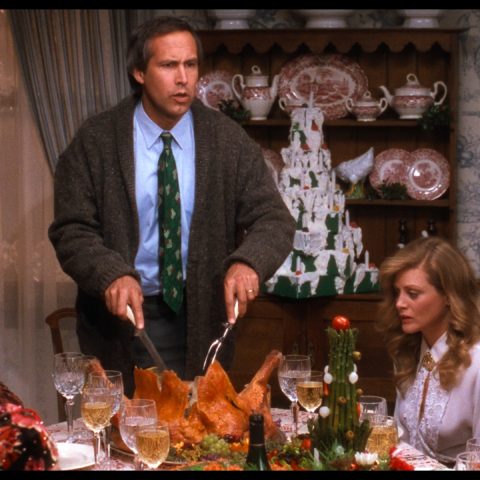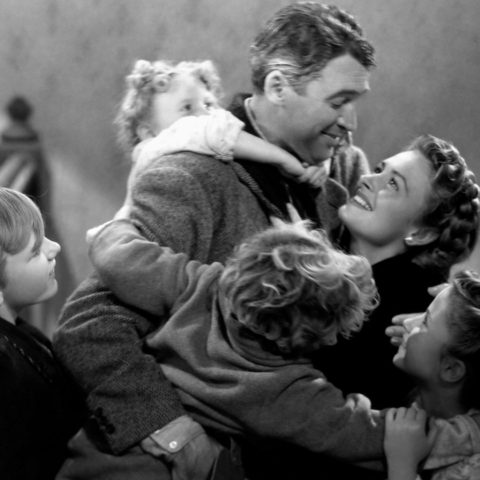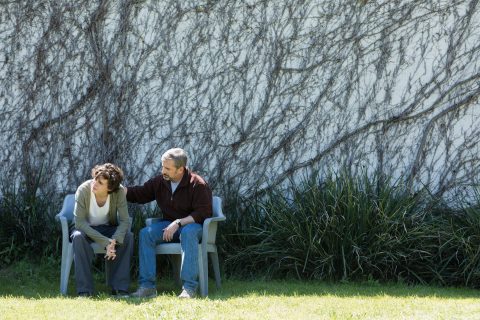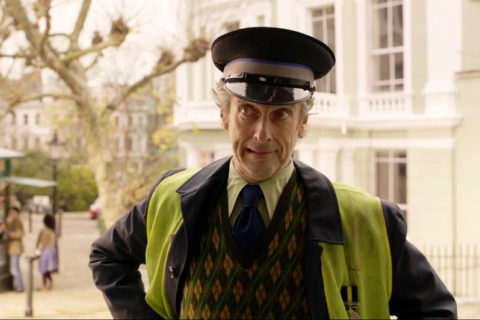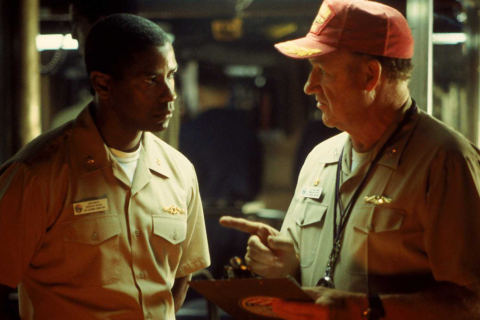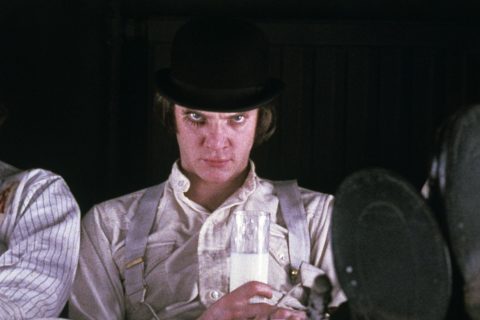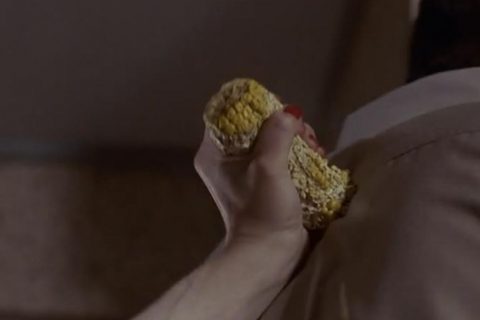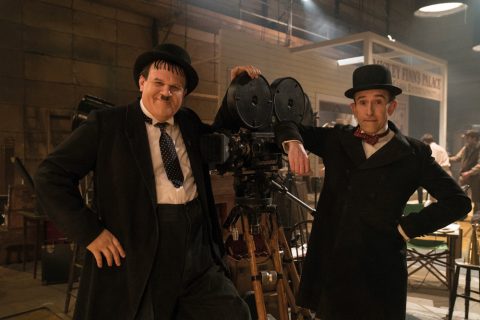Tales From Below The Breadline
Director Emmanuel Carrère on his new film Between Two Worlds
Director Emmanuel Carrère on his new film Between Two Worlds
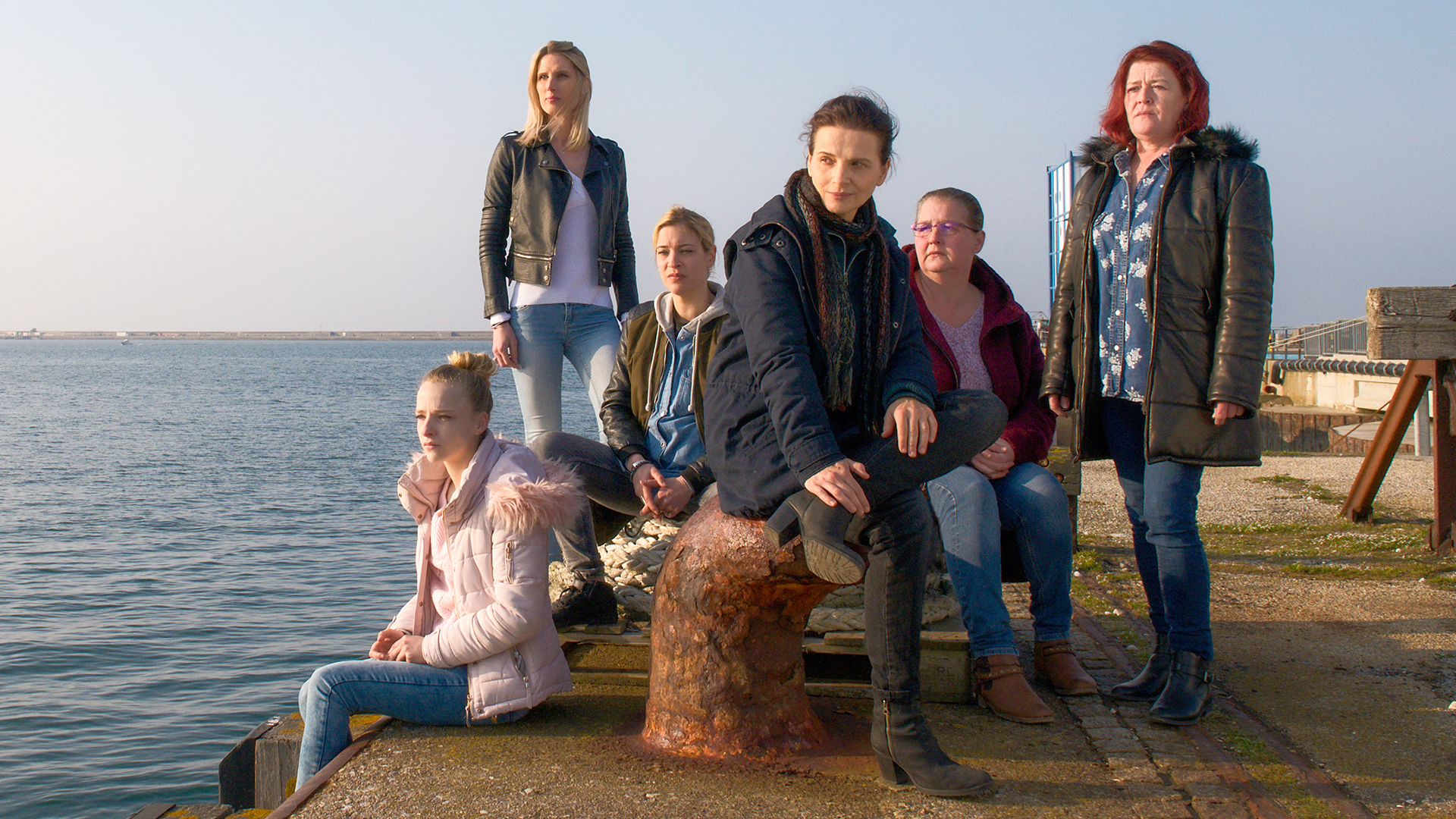
French author, nonfiction writer and filmmaker Emmanuel Carrère returns to directing for the first time since adapting his own novel for 2005’s The Moustache. This time he turns to Florence Aubenas’ book The Night Cleaner in which she chronicled her time going undercover as a cleaner to discover the truth behind the appalling working conditions faced. In the film, Between Two Worlds, Juliette Binoche plays Marianne Winkler, a reporter who visits the French port city of Caen, secretly embedding herself among those doing low-paid domestic work. Below, Carrère speaks about how he envisioned bringing this eye-opening film to life.
Between Two Worlds is based on The Night Cleaner by Florence Aubenas. How did it become a film?
Well, the book became some kind of classic of immersive journalism. She pretended to be a housewife left by her husband, who has to look for a job with no qualifications and who gets cleaning jobs. It was a great, great success, and deserved, and as usual when the book is excellent and successful, a lot of movie people were interested, a lot of actresses were dreaming of playing the leading part. And Florence Aubenas was very reluctant. I think she was afraid the film would lack respect to the characters of the book. And so everybody said, ‘Forget about it.’ Except Juliette Binoche, who is very tenacious! Almost every year she invited Florence Aubenas for dinner and said, ‘When shall we do this?’
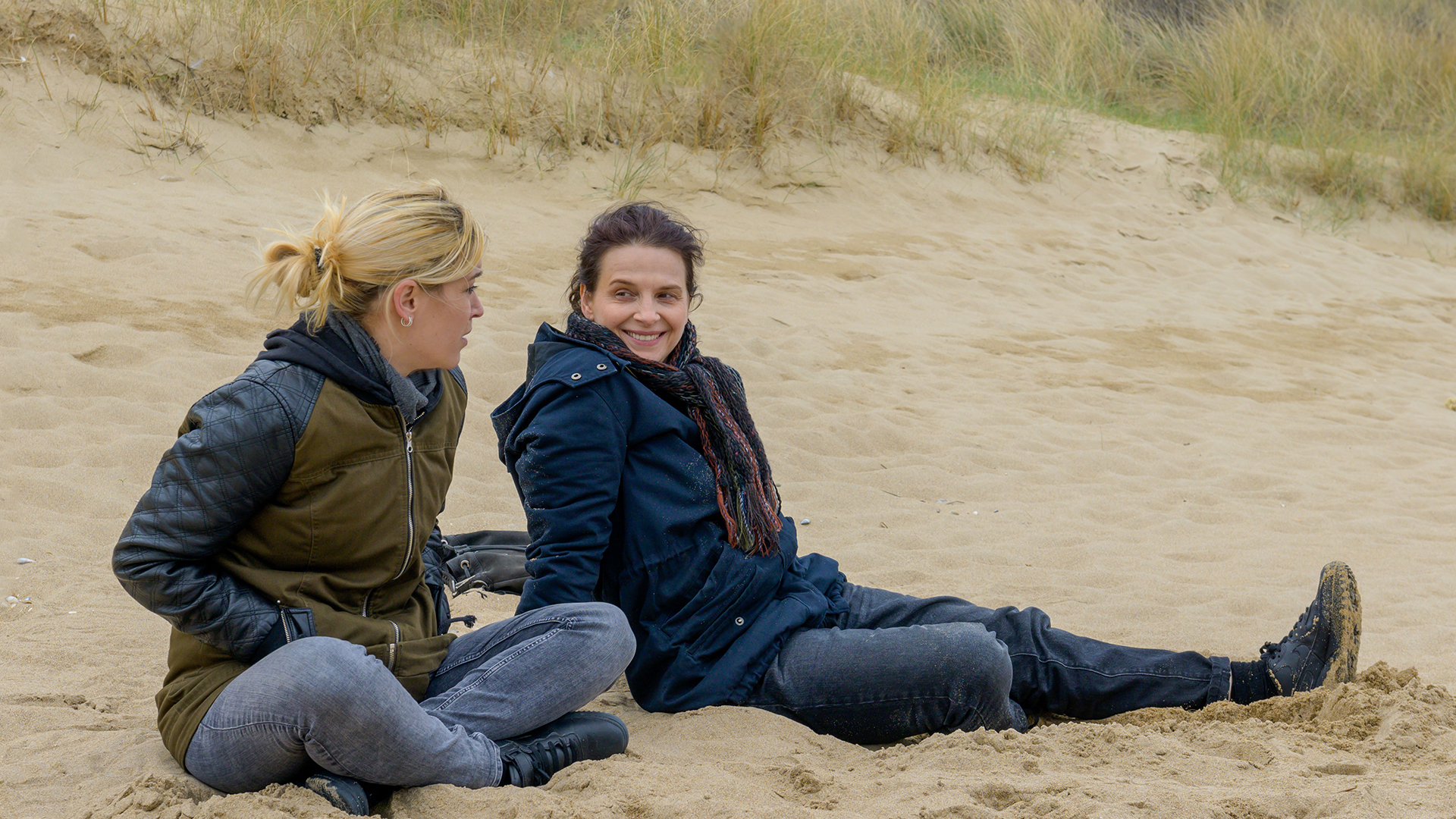
How did you get involved?
There was a moment that Florence Aubenas mentioned my name, which was a bit strange because I’m not an experienced director. We know each other but we’re not friends. There is a mutual respect. And strangely enough, I was in the situation to direct this film without ever having dreamed that. I’ve read the book with enthusiasm but without ever thinking I would adapt it as a director. Sometimes things arrive by chance – and in a way it’s more exciting. It takes you out of your comfort zone. The only thing I asked the producers and Juliette – if we agree to make the film with Juliette, the rest of the cast will be non-professional. And Juliette and the producers said, ‘OK, fine!’ If not, I would not have done it. It was the real drive of the film.
So you were looking for people who’d worked in the service industries?
Yes. For this, I am grateful to the producers. For the shooting, we had the usual time – seven weeks – which is decent but not luxurious. We had a lot of time before. We spent about one year between writing the script and the shooting. First, there was the casting, which took about six months, and then six months to work with the actors. For six months, we went every week, for one day, to Caen, where the film takes place, and we’d improvise but also to make them more and more confident, and to get to know each other. Like a theatre company, where you’re used to working together. This we did and it was a very, very important part of the work. And Juliette Binoche, she appeared for the beginning of the shoot. They didn’t know her before. They expected her and they were a bit suspicious. She was extraordinary with the actors. Not only because she was simple and kind and not at all behaving like a star. They had been prepared a little, but they discovered the pleasure of playing thanks to her. It’s like to be with a great dancer; she helped them to play. It was wonderful to watch.
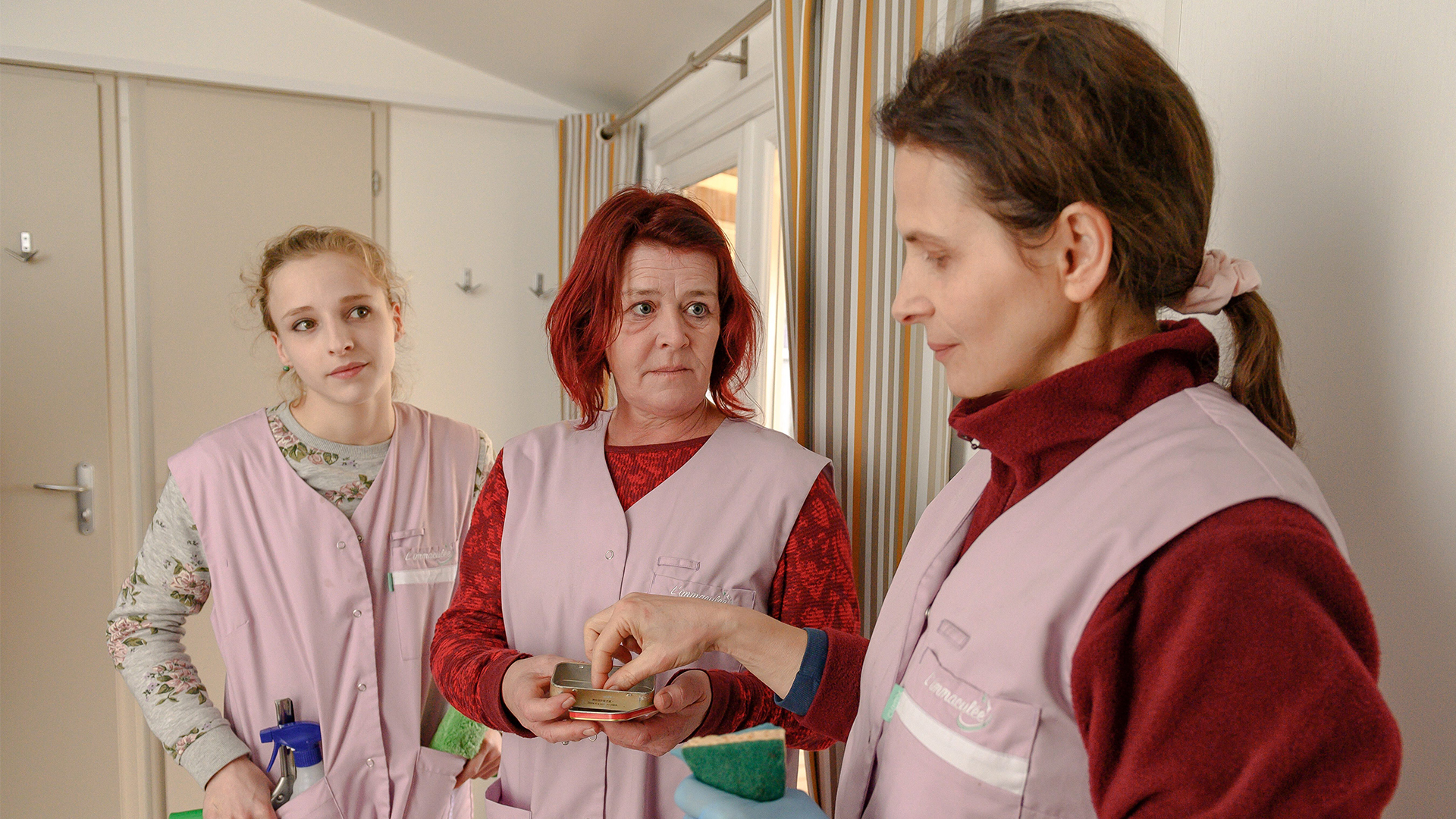
The film really conveys the harsh conditions these people must endure. Were you shocked by what you found?
Yes. These people, the characters of the film, none of them have real jobs. None of them have salaries. None of them have paid holidays. We’re far from the conditions of work from, say, 20 or 30 years ago. They have two hours here, two hours there, one hour there. They have to go from one site to another, and it costs in petrol almost all the wages you earn. And you don’t have time to go back home to have a nap. But you have nowhere to go in between. This is a completely exhausting life. It’s also sometimes humiliating, and that’s part of the reality.
Do you hope a film like this can make a difference to real situations?
If a film or a book can help improve working conditions, sure, it will be wonderful. That’s what happened with the book by Florence Aubenas; it made its readers a little more aware of the working conditions of people who are around us. There’s a moment when Juliette Binoche [in the film] says, ‘I don’t understand why people who shit in the toilet… some of them don’t flush!’ I think all of us do something a little – maybe not as bad! – like this. You leave something and don’t care who cleans up after you. There are micro gestures we can make that can help.
Between Two Worlds is in cinemas and available on Curzon Home Cinema.

